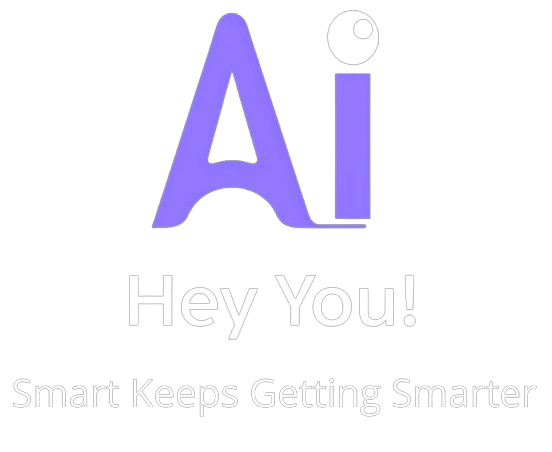Yes, AI can indeed assist in creating workflows. AI-powered workflow automation tools can analyze business processes and identify tasks that can be automated. These tools can then design workflows that streamline these tasks, reducing manual effort and increasing efficiency. For instance, an AI tool can create a workflow for a customer service process that includes steps like automatically responding to common customer queries, escalating complex issues to human agents, and collecting and analyzing customer feedback. It’s important to note that while AI can create workflows, human oversight is still crucial to ensure the workflows align with business goals and comply with regulations.
